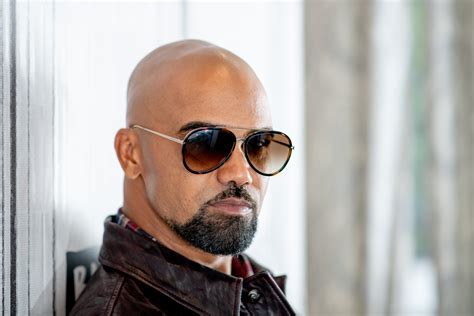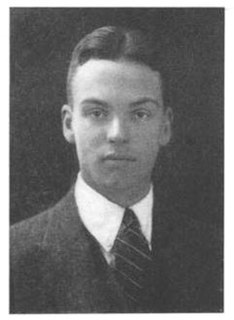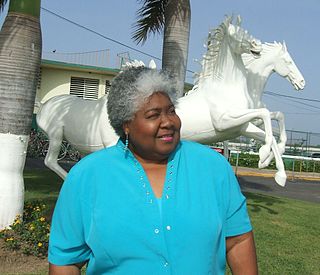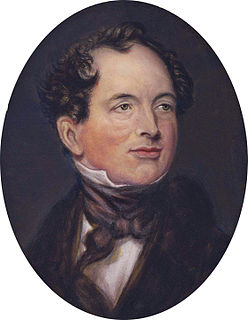A Quote by John Lubbock
Our great mistake in education is ... the worship of book-learning-the confusion of instruction and education. We strain the memory instead of cultivating the mind. ... We ought to follow exactly the opposite course with children-to give them a wholesome variety of mental food, and endeavour to cultivate their tastes, rather than to fill their minds with dry facts.
Related Quotes
EDUCATION, n. The bringing up, as of a child; instruction; formation of manners. Education comprehends all that series of instruction and discipline which is intended to enlighten the understanding, correct the temper, and form the manners and habits of youth, and fit them for usefulness in their future stations. To give children a good education in manners, arts and science, is important; to give them a religious education is indispensable; and an immense responsibility rests on parents and guardians who neglect these duties.
Once we know the plot and its surprises, we can appreciate a book's artistry without the usual confusion and sap flow of emotion, content to follow the action with tenderness and interest, all passion spent. Rather than surrender to the story or the characters - as a good first reader ought - we can now look at how the book works, and instead of swooning over it like a besotted lover begin to appreciate its intricacy and craftmanship. Surprisingly, such dissection doesn't murder the experience. Just the opposite: Only then does a work of art fully live.
And when it comes to developing the high standards we need, it's time to stop working against our teachers and start working with them. Teachers don't go in to education to get rich. They don't go in to education because they don't believe in their children. They want their children to succeed, but we've got to give them the tools. Invest in early childhood education. Invest in our teachers and our children will succeed.
I believe that our society's "mistake-phobia" is crippling, a problem that begins in most elementary schools, where we learn to learn what we are taught rather than to form our own goals and to figure out how to achieve them. We are fed with facts and tested and those who make the fewest mistakes are considered to be the smart ones, so we learn that it is embarrassing to not know and to make mistakes. Our education system spends virtually no time on how to learn from mistakes, yet this is critical to real learning.
Way back last summer I asked some of the most outstanding educational minds in this Nation to tackle this problem. I gave them a single instruction: find out how we can best invest each education dollar so that it will do the most good. Your support and the support of every leading education group proves that they did their job better than I had hoped, because for the first time we have succeeded in finding goals which unite us rather than divide us.
Differentiated Instruction is a teaching philosophy based on the premise that teachers should adapt instruction to student differences. Rather than marching students through the curriculum lockstep, teachers should modify their instruction to meet students' varying readiness levels, learning preferences, and interests. Therefore, the teacher proactively plans a variety of ways to 'get it' and express learning.
If children had teachers for judgment and eloquence just as they have for languages, if their memory was exercised less than their energy or their natural genius, if instead of deadening their vivacity of mind we tried to elevate the free scope and impulse of their souls, what might not result from a fine disposition? As it is, we forget that courage, or love of truth and glory are the virtues that matter most in youth; and our one endeavour is to subdue our children's spirits, in order to teach them that dependence and suppleness are the first laws of success in life.
Education is not the piling on of learning, information, data, facts, skills, or abilities--that's training or instruction--but is rather a making visible what is hidden as a seed... To be educated, a person doesn't have to know much or be informed, but he or she does have to have been exposed vulnerably to the transformative events of an engaged human life... One of the greatest problems of our time is that many are schooled but few are educated.











































